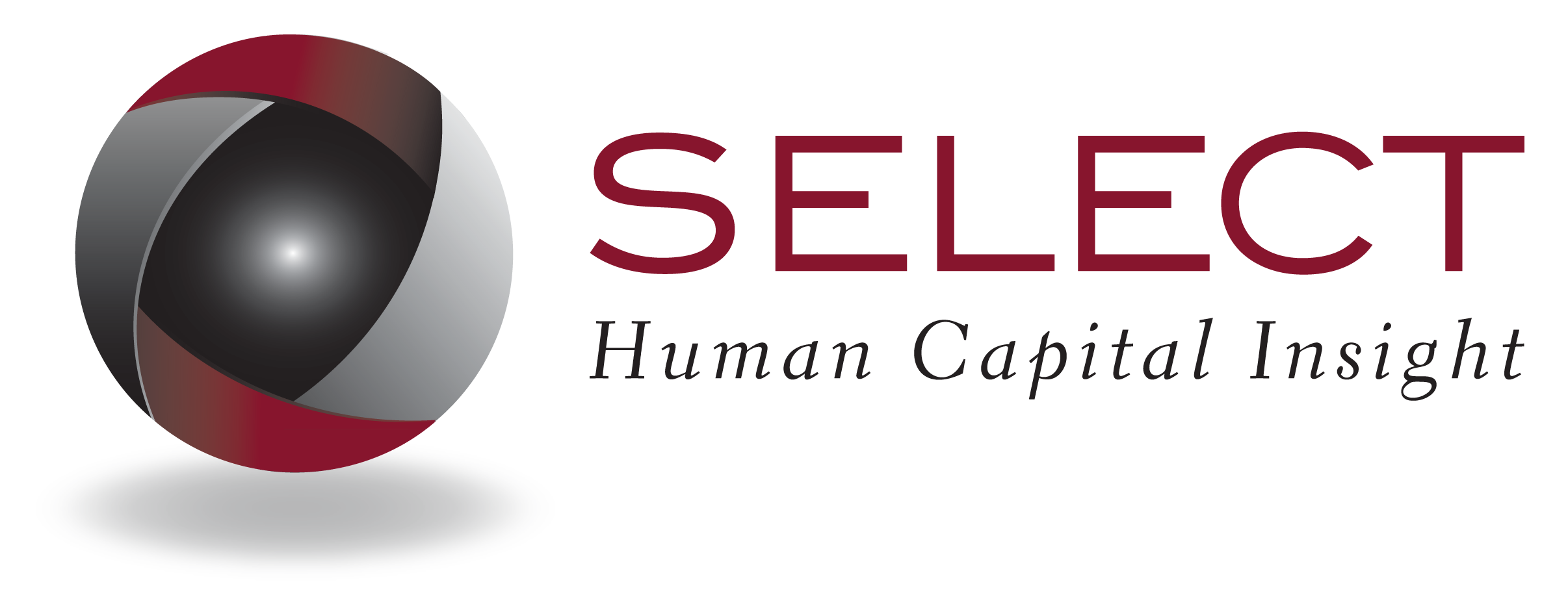Companies often do internet searches on job candidates, and consider what they find on social media when making hiring decisions. For example:
“The candidate had a great resume and interviewed well, but Human Resources didn’t like what was said about him on Twitter, so we didn’t hire.”
As a Business Psychologist specializing in assessing candidates, I advocate for using reliable information when making hiring decisions. And obviously, posts and comments on social media are not reliable, nor are they good predictors of how a well candidate will do on the job.
Yet, intelligent decision-makers like hiring managers and Human Resource professionals are still swayed by what they see on social media platforms like Twitter and Facebook – so why does this happen?
A social psychology experiment by Solomon Asch (1951) demonstrates what’s happening (video here). In sum, researchers found that 75% of people studied denied what they saw to avoid public disagreement with others. In other words, most people caved to peer pressure. Troubled by the results of the experiment, Solomon Asch stated, “The tendency to conformity in our society is so strong that reasonably intelligent and well-meaning young people are willing to call white black”.
In a way, social media puts everyone who uses it into Solomon Asch’s experiment. Twitter, Facebook, LinkedIn, etc. create a very strong peer-pressure dynamic. Through “likes” and comments, certain views are endorsed by potentially millions of people (or fake accounts), and disagreement with the majority is subject to ridicule. Thus, group conformity sways decision-makers to agree more with what appears to be majority opinion, rather than more reliable sources of information, without even realizing their bias.
So, what can be done about this bias? In follow-up experiments, Solomon Asch (1956) found that the presence of just one person voicing a differing opinion from the group can reduce the effect of group conformity as much as 80%. With that in mind, better hiring decisions can be made when at least one person involved is brave enough to assert a dissenting opinion – and typically, it’s easier for an independent consultant to play that role. Likewise, an experienced consultant can sit-in on company hiring discussions and “call out” when peer pressure appears to be swaying decisions – sometimes, heightening awareness of bias is all that’s needed to overcome it.
References:
Asch, S. E. (1951). Effects of group pressure upon the modification and distortion of judgments. In H. Guetzkow (Ed.), Groups, leadership and men; research in human relations (pp. 177–190). Carnegie Press.
Asch, S. E. (1956). Studies of independence and conformity: I. A minority of one against a unanimous majority. Psychological monographs: General and applied, 70(9), 1-70.




